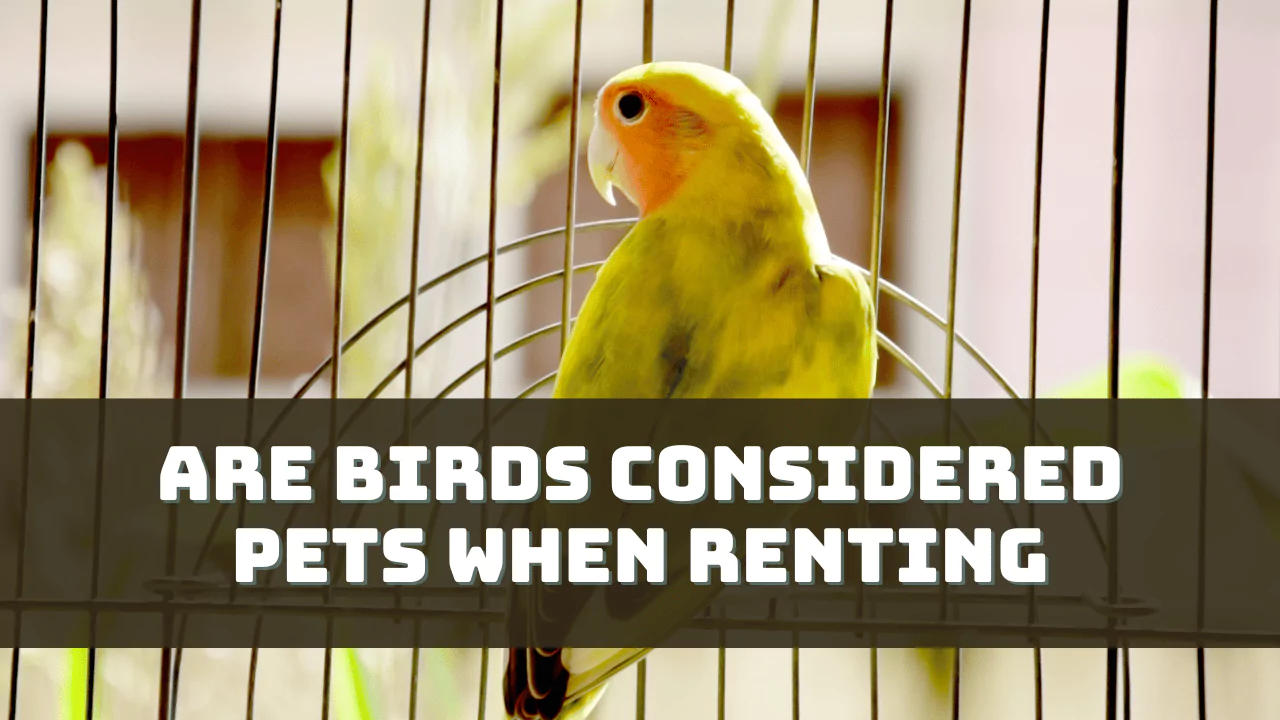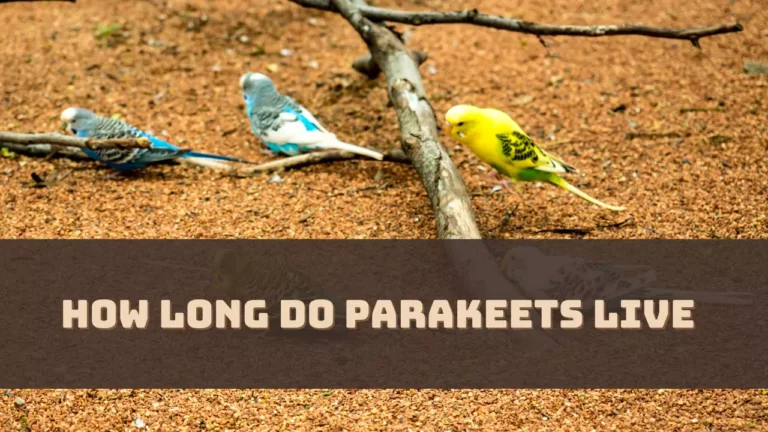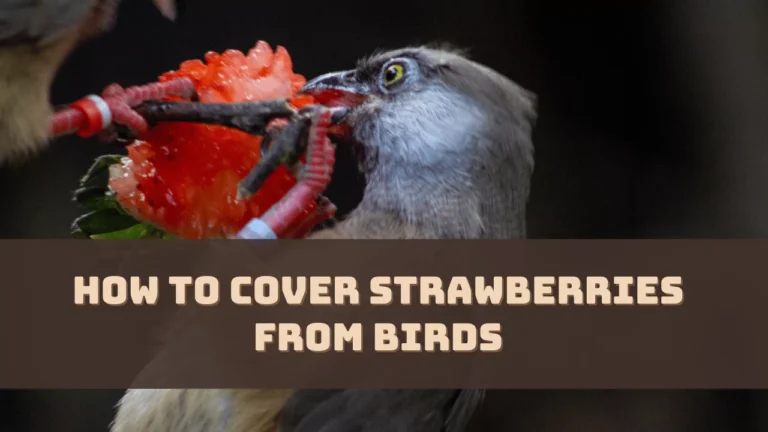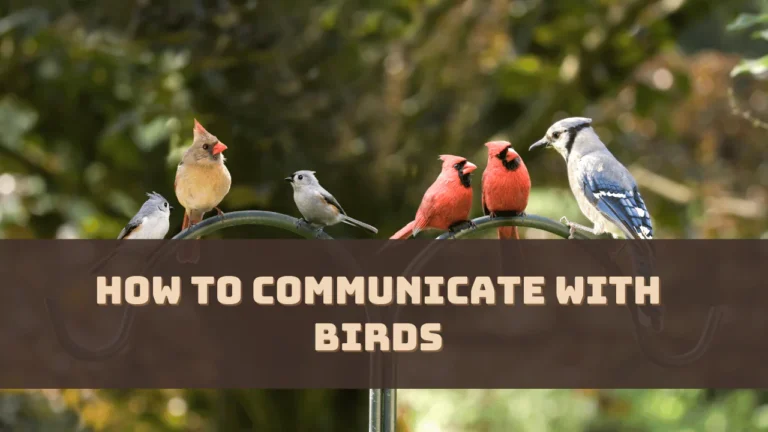Yes, most landlords consider birds as pets when renting. In such cases, landlords often require a pet deposit to cover potential damages caused by the birds. Birds, if let out of their cages, can pose risks to the property, leading landlords to implement pet policies and charges.
If you are renting a property, then owning a pet can get an easy peasy only if the landlord is considerate and allows you. However, owning a bird as a pet differs from traditional pet ownership and requires a lot more responsibility.
So, let’s dive in to get to the details of the rights of pet owners, tenancy law, and exotic animal law in case of bird ownership.
Does a Landlord Allow Birds as a Pet?
Landlords usually do not mention anything about keeping birds as pets in their rental contracts, unless mutually agreed by both parties and preparing a lease agreement based on that. Otherwise, you can also choose to refrain from including any details about the pet in the agreement.
Rather, you must gather information from proper legislative authorities about keeping birds as pets in rental houses or apartments. Based on your location, you need to follow the rules set by bird ownership and accommodation clauses. Also, you can discuss your requirements with an experienced broker before renting a place.
You also need to understand under which category your pet falls into – emotional support animal, therapy pet, or service animal. Based on this, you can also follow the specific guides associated with each category as they have distinct roles. Also, landlords cannot deny an accommodation to any tenant who needs an assistance animal and has proper certification from therapists.
Some landlords might even consider birds to cause considerable damage when let out of their cages, so they might keep a charge in the form of a pet deposit before allowing the bird. Thus, it is always recommended to have a detailed discussion about your pet ownership with the landlord, before shifting or signing any rental contract.
How to Classify Birds? Which Birds are Considered Pets?
Birds are classified into three categories, domesticated, exotic, and wild. Under the domesticated category, you find birds that are selectively bred in captivity. In the exotic category are the ones that are not indigenous to the region and are kept as pets. Under the wild category are the ones that cannot be domesticated and are illegal to keep captive or as pets. They have special laws and regulations in their favor.
Thus, based on the size and temperament of the bird, certain types can be kept out of the rental agreements. Mostly landlords consider the birds that cause minimal disturbance and are not old enough to disturb the neighbors. So, it is always advised to get written permission from the landlord in terms of keeping a bird as a pet.
What is the Responsibility of the Bird Owner as a Tenant?
As a tenant, you must be a responsible bird caretaker and also follow the rental guidelines for keeping pets, such as –
- You must always go through the limits or prohibitions laid by the landlord. If they are not justified, you can switch to any other rental place.
- The bird’s health should be your first priority, so maintain all the precautions and keep a check on the safety reasons. Do not choose a rental place that is a threat to the bird.
- You can also train the bird to behave well so that it is friendly with landlords’ pets (if they have any) or children.
- You must frequently clean the cage to prevent any unpleasant odors or keep the apartment well-maintained. Keep the surroundings hygienic and presentable and do not forget to dispose of the waste from time to time.
- Keep a check on the noise level and the bird should not make noisy screams that are going to upset and disturb the neighbors as you might receive a warning.
- Keep a check on the nutritional needs of the birds and supply fresh water. Keep the bird in a place that gets enough sunlight and air.
Which Birds are considered Ideal for Rental Apartments?
Small birds, such as parrotlets are ideal for apartments as they do not scream or screech and also chirp softly. They are also very much affectionate, active, and low maintenance.




